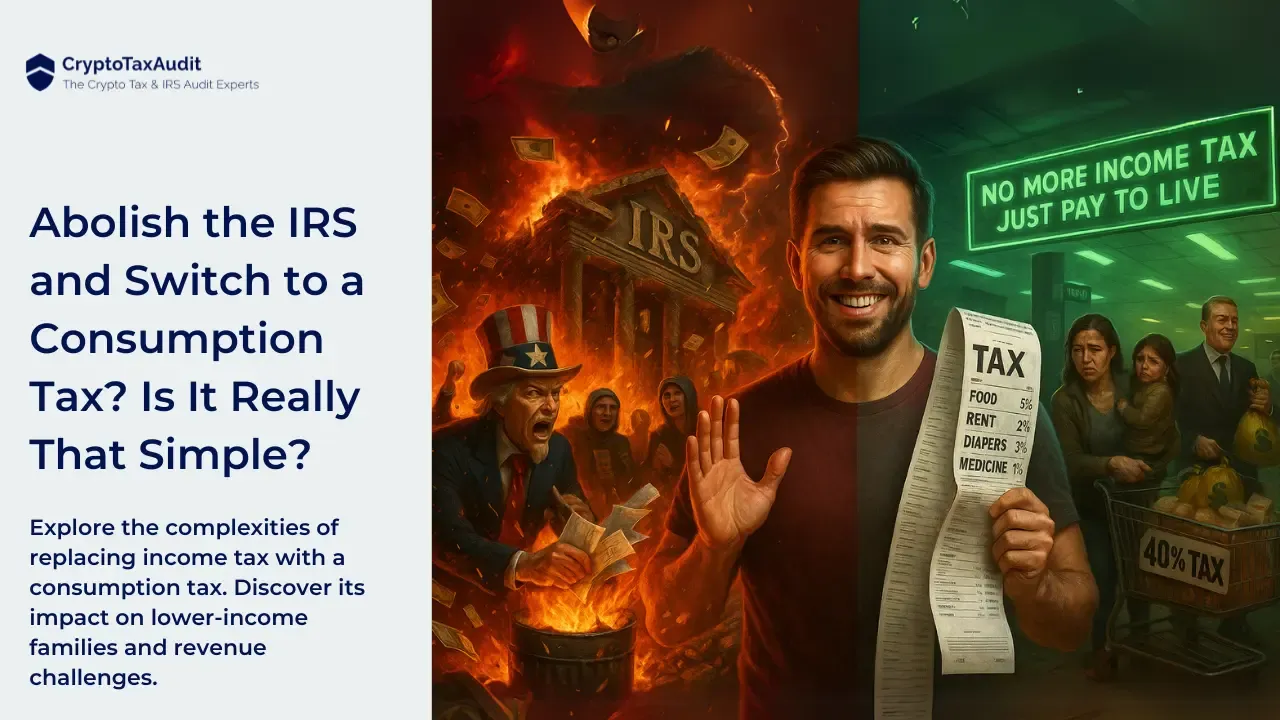Protect yourself from the intimidating digital asset (previously virtual currency) question on IRS Form 1040. Understand all the confusing terminology so you file accurately and correctly.
Many cryptocurrency owners are confused.
What does the term digital asset (previously virtual currency) mean? Is there any difference between digital assets and crypto currencies? We'll teach you today.
Many crypto traders fear that if they answer “Yes” to this new digital asset question on Form 1040, the IRS will audit prior returns. In this article, we are going to put you at ease, so you can sleep soundly knowing the knowledge you’ll learn today is powerful.
We've prepared this Q&A to help guide you through the terminology used in the digital asset question on Form 1040 and the best way to answer this question to protect yourself from the IRS.
How does the 2022 digital asset question read?
It asks: "At any time during 2022, did you: (a) receive (as a reward, award or payment for property or services); or (b) sell, exchange, gift or otherwise dispose of a digital asset (or a financial interest in a digital asset)?”
What is a digital asset?
Rather than asking if you own cryptocurrencies, the IRS chose to use a more general term, digital assets. This term is very broad. Previously, it was referred to as a virtual currency, which the IRS defined in IRS Notice 2014-21 which read: Virtual currency is a digital representation of value that functions as a medium of exchange, a unit of account, and/or a store of value.
So what is a digital asset then? The IRS writes: Digital assets are broadly defined as any digital representation of value which is recorded on a cryptographically secured distributed ledger or any similar technology as specified by the Secretary. Digital assets include (but are not limited to): Convertible virtual currency and cryptocurrency. Stablecoins.
What is a digital representation of value?
A digital representation would be a value that is stored electronically. If a twenty-dollar bill is an example of a physical representation of value, then two hundred dollars in my bank account would be a digital representation of value.
When does the term “store of value” mean?
The IRS does not define what is meant by a “store of value.” This phrase comes from the field of Economics. It is one of the major attributes of money. One definition reads: A store of value is essentially an asset, commodity, or currency that can be saved, retrieved, and exchanged in the future.
This definition is also true of most cryptocurrencies. However, this definition also applies to airline frequent flyer miles that can be exchanged for value in the future. Frequent flyer miles are like money when buying plane trips. Industry experts say that two-thirds of all airline flyers belong to a frequent flyer club.
Another example of a digital asset would be credit card reward points. People accumulate these points because they know they can buy goods in the future. According to the Federal Reserve Bank of Atlanta, 75% of American consumers own at least one credit card. And most of those cards offer some type of reward.
Other examples of digital asset could be grocery store reward cards and Amazon gift cards.
What does it mean to acquire a financial interest?
Acquiring a financial interest is a very broad phrase. It encompasses the other verbs: receiving, selling, sending, and exchanging. The moment you buy your first cryptocurrency, you have a financial interest in digital asset.
Joining a frequent flyer club or getting a new credit card and receiving the initial points gives you a financial interest in that digital asset.
Should you answer “yes”?
Easily, at least 75% of taxpayers have a “financial interest in a digital asset.” That means at least 75% of taxpayers should check “Yes” on the IRS digital asset question. Answering “No” when in fact, you do have a financial interest in cryptocurrency, is perjury.
This question is designed to catch people trying to hide.
When you sign your tax return, you swear, “Under penalties of perjury, I declare that I have examined this return and accompanying schedules and statements, and to the best of my knowledge and belief, they are true, correct, and complete.”
Perjury is a felony and is punishable by prison.
Some traders who have not reported all their past crypto transactions are afraid that checking “Yes” will encourage the IRS to review their past returns. Based on my substantial experience with the IRS, this answer alone would not invite an audit. The more dangerous option is to answer “No.”
Failing to check “Yes” when you should have exposes you to claims of filing a fraudulent tax return. It would be grounds for losing your statute of limitations protection of three years on auditing a tax return. That means the IRS could go back either six years or indefinitely, depending on your specific situation.
What if everybody says “Yes”?
Rather than cowering in paranoia, I encourage everyone to check “Yes” on this question for the reasons I just stated. If everyone checks “Yes,” the question would become meaningless. The IRS is clearly intimidating the public by asking this question before asking your gross wages. Yet, the IRS has only offered scant and mostly inadequate guidance on reporting cryptocurrency income.
If everyone checked “Yes,” this intrusive and harassing question would disappear from future tax returns.
I recommend that everyone check “Yes” on the digital asset question.
DISCLAIMER: Opinions and perspectives of the author, host, and guests. It should not be construed as U.S. taxpayer advice. There are often multiple interpretations of tax law. Various strategies may be suited to specific individuals and for particular situations. Seek out professional tax, legal, or financial advice from CryptoTaxAudit or from other reputable companies.




